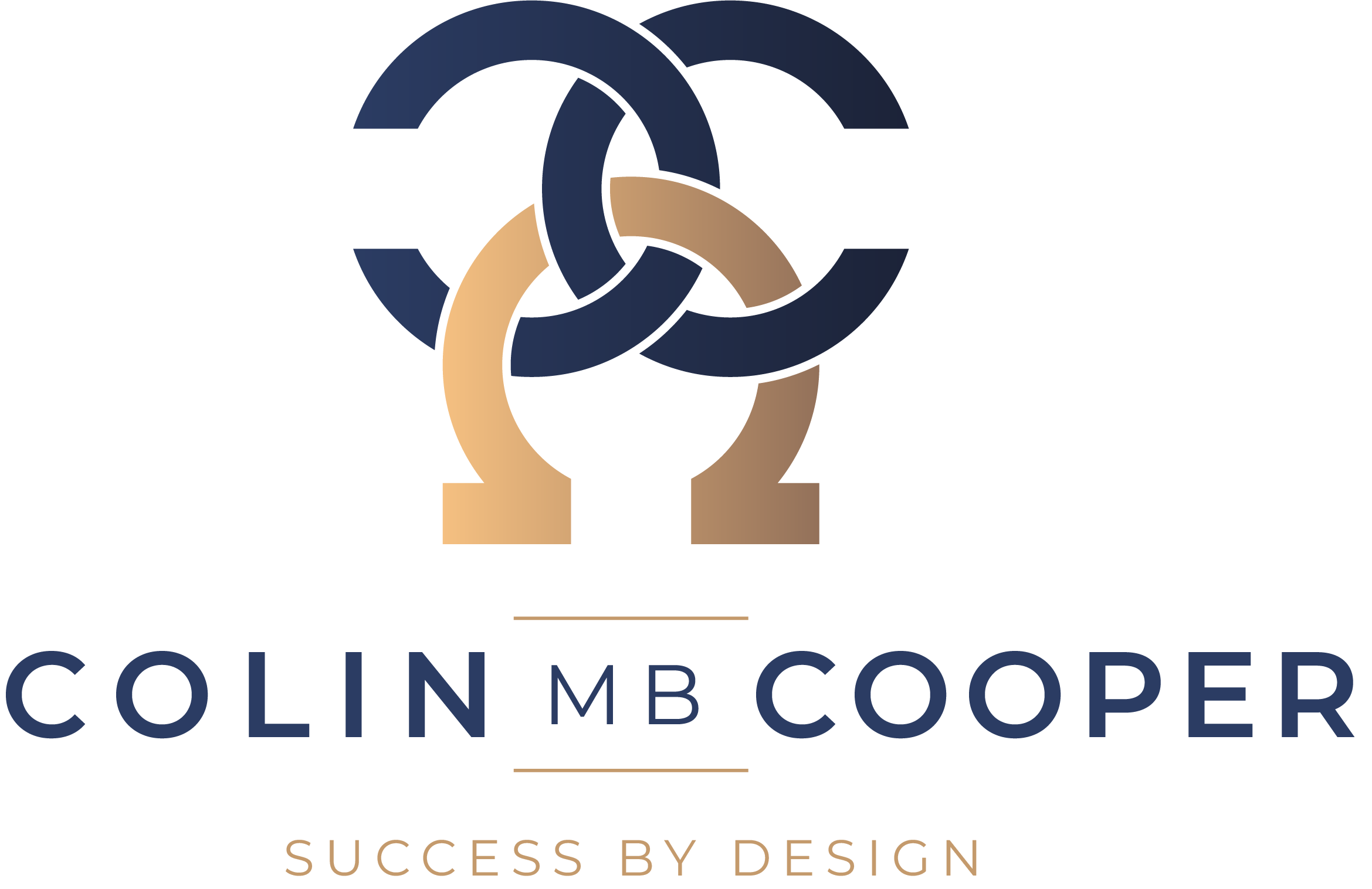As technology continues to rapidly advance, the capabilities of artificial intelligence have become more advanced and accessible. One use of this technology that’s been gaining attention recently is the rise of deep fakes – videos, images, or audio that have been manipulated using AI to appear real.
While deep fakes have been primarily used for entertainment, they’re now posing a serious threat to both creators and brands. As a society, we really must acknowledge and address the potential harm that deepfakes can cause, both on a personal and professional level.
This article will explore the growing creation, distribution and impact of deep fakes and give consideration to the ethical concerns of manipulated content. With the potential damage to personal and brand reputations being significant, it’s important to understand the complexities of this phenomenon and identify some steps that can be taken to mitigate its risks.
the safety of content creators and the integrity of brands in the digital realm.
Deep fakes are becoming increasingly common…
As we move deeper into an AI-driven era, the rise of deepfakes has become a growing concern. Leveraging the power of artificial intelligence (AI), individuals with malicious intentions can manipulate and alter audiovisual content to create convincing yet fabricated representations of real people. These pose significant ethical challenges, as they blur the lines between reality and fiction and can potentially lead to harmful consequences.
As creators and custodians of digital content, it’s therefore crucial for us to recognise the implications of deep fakes and make the safeguarding of both our creative integrity and the trust of our audience priorities. By understanding the ethical implications of AI’s role in deepfakes, we can take proactive steps to mitigate risks and preserve the integrity of both creators and brands in this rapidly evolving tech-driven world.
It’s time to be vigilant.
When it comes to deep fakes, we must remain vigilant, more so now than ever as the rapid advancements in AI technology have made it easier for unethical users to create convincing and deceptive manipulated content. The potential consequences of deep fakes extend far beyond simple pranks or entertainment, as they can be used to spread misinformation, damage reputations, and manipulate public opinion.
It’s everyone’s responsibility to stay informed and educated about deep fakes, AI, and ethics, but as business leaders and content creators, our role in this is under the spotlight. By actively monitoring and scrutinising the content we create and consume, we can actively contribute to the preservation of creator and brand safety.
As well, holding open and robust conversations within our industries can help establish guidelines and best practices to combat the negative impact of deep fakes. As technology continues to evolve, we must remain alert. It’s up to us, each and collectively, to stand up to protect the integrity of our work and maintain the trust of our audience.
Technology is advancing rapidly.
As creators and custodians of contemporary digital content, it’s probably fair to say we are all using AI, and therefore we must also acknowledge the rapid advancements that are being made in this technology. AI is progressing at an exponential rate, with significant implications for various industries and sectors. From machine learning algorithms that can analyse massive datasets to natural language processing systems that can understand and respond to human speech, AI is revolutionising the way we live and work. These developments not only offer opportunities for innovation and efficiency but also raise important ethical considerations. As AI becomes more integrated into our daily lives, we must actively engage in discussions about ethics to ensure its responsible and honourable use. By remaining informed and being proactive, we can create a world where the power of AI doesn’t jeopardise creator or brand safety.
AI and ethics are intertwined.
When examining the AI technology that makes creating deep fakes possible, it’s obvious that the concept of ethics is closely intertwined. AI being employed to manipulate and create realistic synthetic media has become increasingly prevalent in recent years and it raises real concerns about the potential to deceive. As a result, deepfakes can cause unintended harm and irreparable damage to someone’s privacy and reputation. The responsible use of AI requires us to critically assess the ethical implications of deepfakes and actively work towards developing safeguards and regulations to oversee their creation and distribution. By addressing these concerns head-on, it’s possible we still have time to establish measures to protect creators and brands from the risks associated with deep fakes before damage is done.
Deep Fakes pose a real threat to individuals and brands.
As more and more people gain access to AI and become adept at its applications, it’s clear that deep fakes pose a real threat to many aspects of society. The advanced algorithms powering deepfake technology can generate incredibly realistic and convincing output, making it increasingly difficult to discern between what’s real and what’s not. Malicious individuals can easily fabricate content that falsely represents a brand or its creators, leading to potential damage to their credibility and financial well-being. As we work our way through understanding this technology, we must make time to prioritise the development of robust ethical AI use frameworks to ensure the safety and security of creators, brands and also the general public.
As business owners, brand protection matters.
As business owners, protecting the integrity of our brands has always been a key activity. And, as we witness the rise of deepfake technology and its potential to manipulate and misrepresent information, being vigilant in protecting ourselves and our brand has never been more important. There’s now a very real risk to reputations lurking that can easily deceive our audience, leading to the erosion of trust and credibility we’ve worked so hard to establish. It’s therefore essential for us to stay informed about advancements in AI and ethics, so we can proactively address future threats and mitigate their impact on our brand’s reputation.
We must also protect our identities.
With the complexities of the digital world, aside from brand and business reputation, our identities are also at risk. Deepfake technology, driven by advanced AI algorithms, has introduced new challenges in safeguarding personal information. There’s now the opportunity for someone to deceive others into believing false claims about us, posing a threat to both our personal lives and also our professional reputations. As much as we possibly can, we need to take proactive measures to safeguard our identities. This should include implementing robust security measures, such as strong passwords, two-factor authentication, and staying vigilant against phishing attempts. Additionally, being mindful of the information we share online and being cautious of the platforms and applications we engage with can further enhance our protection. As responsible digital citizens, it’s our duty to stay informed and adapt to these changes, ensuring that our identities remain secure in an increasingly interconnected world.
And too, we must protect our consumers.
Protecting our consumers is something that needs to be prioritised due to the increased risks they face with the advancements in AI. As a result, we should be implementing rigorous measures to ensure the safety and security of our consumers’ personal information. This includes investing in technologies that can detect and stay ahead of emerging threats. Furthermore, committing to strict ethical guidelines in the development and use of AI, is how to ensure that practices align with the values of transparency, accountability, and respect for privacy. By taking these proactive steps, consumers can be assured of a secure and trustworthy experience, free from the potential harms associated with deepfakes and unethical AI practices.
We need to educate ourselves on this technology to stay safe.
As individuals and organisations, the onus is on us to educate ourselves on the intricacies and potential risks involved with this technology. By understanding the latest developments in AI and their implications, we can better protect ourselves and our brands from falling victim to malicious intent.
Through ongoing education and a commitment to staying informed, it’s possible to mitigate the risks associated with deep fakes and ensure the safety and integrity of our brands and our reputation.
FAQ
How are deep fakes impacting the safety of creators and brands in the digital space?
Deep fakes are a growing concern for creators and brands in the digital space. As a result, there are increased risks of identity theft, reputation damage, and financial loss. These sophisticated manipulations have made it difficult to distinguish between real and fake content, leading to potential harm to credibility and trustworthiness. We must stay vigilant, invest in robust security measures, and educate ourselves on how to combat this threat to ensure the safety and integrity of our digital presence.
What measures can creators and brands take to protect themselves from the risks associated with deep fakes?
We can safeguard ourselves from deepfake risks by implementing robust security measures such as watermarking content, using advanced AI detection tools, promoting digital literacy, and establishing clear policies against deepfake manipulation. By staying alert and proactive, we can mitigate the harmful impact of fake content on our reputation.
How are social media platforms working to combat the spread of deep fakes and protect their users?
Social media platforms are working to implement advanced AI technology for detecting and removing deep fake content. Additionally, they are collaborating with fact-checking organisations and educating users on identifying false information. Regularly updating policies and guidelines, they are working towards creating a safer online environment for users though the challenge will be for them to remain ahead of the game in their efforts to protect the community.
What legal implications do deepfakes pose for creators and brands in terms of intellectual property and defamation?
Deep Fakes bring about complex legal implications for creators and brands regarding intellectual property and defamation. As business owners, we must navigate the challenges of protecting our original content from being manipulated and misused to avoid being falsely represented in deep fake videos, potentially leading to a damaged reputation and legal consequences.
How can consumers identify and protect themselves from falling victim to deep fake content that may harm brands or creators?
Consumers should be committed to learning the signs of deep fake content. They can best protect themselves by verifying sources, questioning suspicious content, and being cautious about sharing sensitive information. It’s crucial to support only credible sources and report any misleading content to the appropriate platforms.
By keeping informed of advancements in AI capabilities and remaining mindful of the dangers of deep fakes, we can all help safeguard brands and consumers from potential harm. Now is the time we need to be working together to combat the spread of deceptive content and protect our digital communities. If this topic has been of interest to you, reach out to me and let’s continue the conversation.



